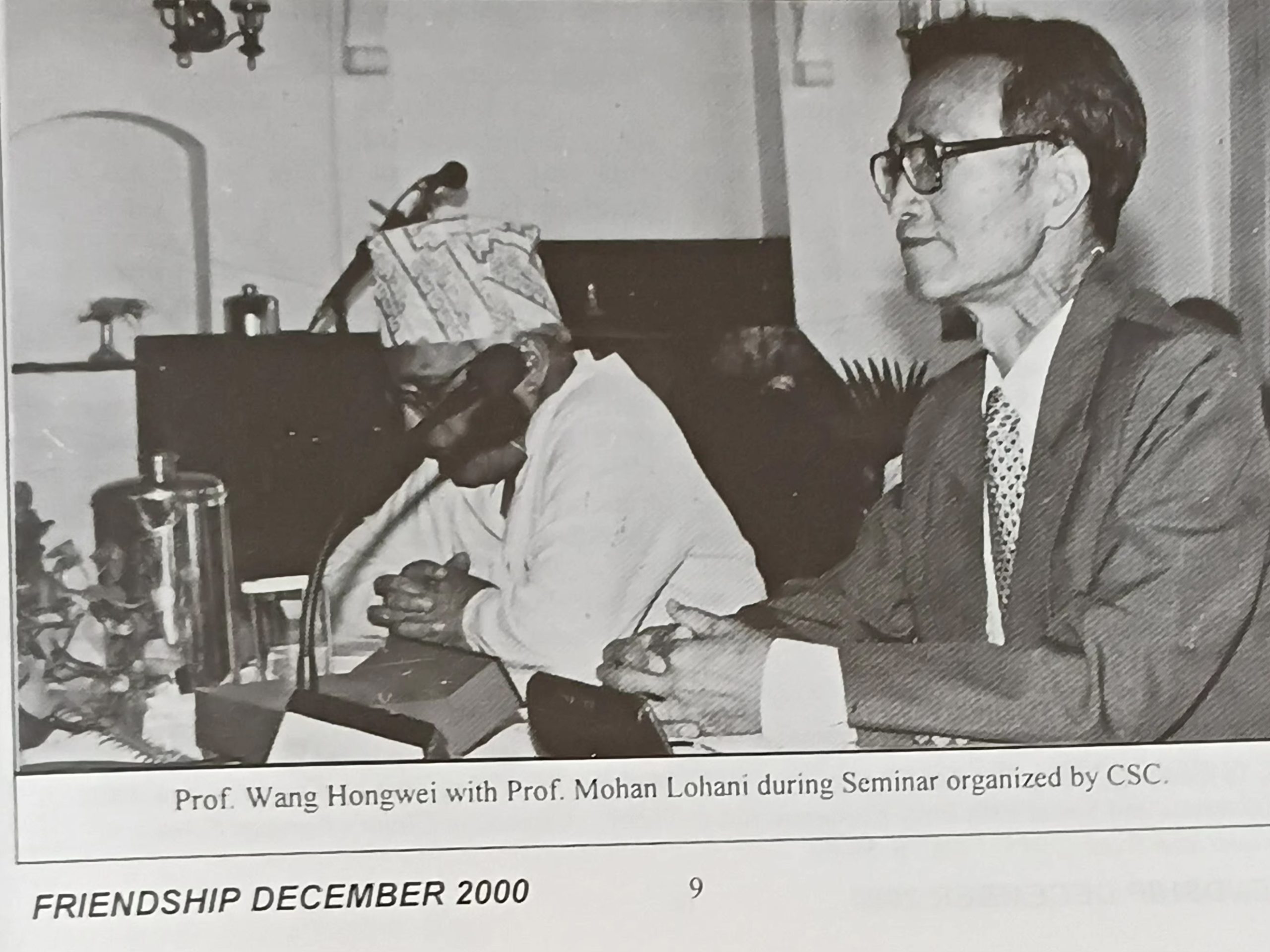
By Deepak Joshi Pokhrel
Over the years, many things have changed, and many things have not changed. What has not changed is the mentality of our politicians of all hues. From fringe to key parties, our politicians are still guided by orthodox thinking while dealing with the key issue of Nepal’s peace process: transitional justice commissions. The latest episode of the appointment of office bearers of two transitional justice mechanisms is a reflection of such outdated thinking.
Needless to mention, Nepal experienced a bloody armed struggle, killing over 17,000 people and injuring many more. Likewise, thousands of people were forcefully abducted by state and non-state actors. With the signing of the Comprehensive Peace Accord (CPA) in 2006, the decade-long conflict came to an end. The warring parties, while inking the CPA, agreed to form the transitional justice mechanism within two years and resolve the war-era crime through it.
The logical conclusion of the peace process is one of the key objectives of CPA. But our peace process has been pushed to the back burner by every successive government formed post-CPA. They have been deliberately attempting to tire out the victims, thinking they will drop their demands and the peace process will fizzle out.
Almost two decades have passed since the signing of the CPA. However, our peace process has not been able to reach a logical conclusion. Why the peace process, which we claim to be homegrown, has not been concluded logically. What has been preventing our subsequent government post-CPA from concluding it logically? We do not need a rocket scientist to explain the reasons behind it.
On February 11, 2015, the Nepalese government finally formed two much-awaited transitional justice mechanisms to look after the war-era crimes and grave violations of human rights and provide justice to the victims and their families. Everyone welcomed the move of the government, thinking the logical conclusion of the peace process would soon turn into a reality.
Unfortunately, here lies the biggest irony. Right from day one, the transitional justice mechanisms drew widespread flak in term of appointing their office bearers. To say, the transitional justice mechanisms were excessively politicized. As a result, it failed to deliver its objective even after multiple term extensions.
It is an open secret that political bhagbhanda has been playing a key role in making the justice mechanisms a body without any essence. It is also crystal clear that our politicians fight among themselves to place their favorites in advantageous positions to ensure that they will not be held accountable for the grave violation of human rights they committed during the conflict. What a masterstroke strategy to avoid being held responsible.
Common sense tells us that one must be academically sound and blessed with vibrant professional experience to lead such esteemed commissions. But this is not the case here. Any Tom, Dick, and Harry can spearhead the commissions, provided he/she has a connection with political heavyweights. It is very obvious that when such select crooks lead the commission, the resultant outcome is far from satisfactory.
But despite reservations from the conflict victims and human rights organizations, the unethical practice on the part of our politicians continues unabatedly. Just recently, the recommendation committee led by former Chief Justice Om Prakash Mishra was tasked with selecting the chairpersons and members of the commission. It shortlisted candidates for ten positions, including eight for the post of chairpersons of the Truth and Reconciliation Commission and the Commission of Investigation on Enforced Disappeared Persons.
More than two dozen organizations representing insurgency-era victims have asked the Mishra-led committee to correct the selection process. They smell rats over the process of selection. They also argue that it could lead in the wrong direction, forming a weak and controlled commission. Their argument is justifiable given the experience.
Whether the office bearers come from political connections or outside is not a big issue. It is also not a big headache whether the shortlisted chairpersons and members of the commissions are the relatives of the political heavyweights. The thing is that shortlisted ones must be in possession of the expected qualities and skills from the perspective of transitional justice.
They must possess the qualities and knowledge of transitional justice, effective communication, and the courage to hold those involved in the violation of human rights during the insurgency accountable. Likewise, they should also possess the knowledge on international practices while dealing with war-era crimes. Above all, they should not be morally and ethically corrupt.
If the office bearers are appointed to serve the political agenda and interest, our homegrown peace process will never reach a logical conclusion. This could trigger a great disenchantment among the conflict victims and their families, paving the avenues for yet another conflict, which we cannot afford at all.
Many argue what point there is in forming commissions if their chairs and members are guided by partisan interest. They also raise questions about why our politicians allow the commission to work independently with chairs and members having no political interest or agenda. We hope we will get the explanation very shortly.
This is the third time the government is appointing the office bearers in the two commissions, as the previous commissions largely failed to carry out their tasks for various reasons. While the victims view the commissions as a body to reckon with, it is rendered into an entity without any essence. So much so, that the victims are losing hope that justice will ever be delivered.
If we fail again in taking the peace process to a logical conclusion, we could be laying the ground for yet another conflict. And who knows, this could be even more fatal than the first one.













Comments:
Leave a Reply